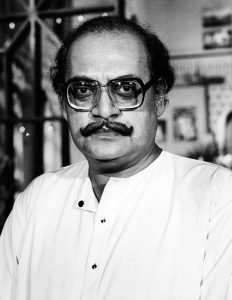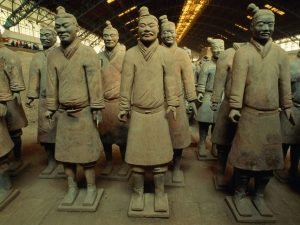This Day in History is DUE’s daily dose of trivia for all the history buffs out there. So sit back and take a ride of all the fascinating things that happened today!
People are trapped in history and history is trapped in people, and hence, every day has been a significant one in the foibles of history. Now, let’s take a tour of “This Day in History – 29th March”.
1807: The biggest asteroid in the sky is discovered
German astronomer, Wilhelm Olbers discovered the minor planet Vesta on this day. It is the second-largest object in the asteroid belt after the dwarf planet Ceres. Located between Mars and Jupiter, Vesta is named after the virgin goddess of home and hearth from Roman mythology.

1857: Mangal Pandey rebels
On this day, Mangal Pandey of the 34th Native Infantry refused orders on the parade ground at Barrackpore. This was the first major incident that is called as Indian Sepoy Mutiny. Pandey fired a bullet at Lieutenant Henry Baugh but missed his target. Mangal Pandey is often called the harbinger of Revolt later in the year, which came to be known as the First War of Independence. He was hanged on 8th April for his revolt.

1929: Utpal Dutt was born
Utpal Dutt, one of the doyens of Bengali theatre of the post-Independence era was born on this day. The first thing that comes to mind upon hearing his name is the 1979 hit, Gol Maal. He was a founding member of IPTA and a towering theatre personality. He was arrested on occasions because of his so-called ‘seditious’ plays. His plays were and are still being adapted throughout the country.

1974: Terra-cotta army found
On this day, farmers who were drilling a well near Xi’an, China, discovered a subterranean chamber that led to the discovery of the terra-cotta army, which in turn led to the discovery of an ancient tomb built by Qin Shi Huangdi, the first emperor of China. The army consisted of 8,000 life-size terra-cotta soldiers and horses facing east, the direction from which the emperor’s enemies had come.

2004: Ireland bans smoking in all public places
The Republic Of Ireland became the first country in the world to ban smoking in all public places, restaurants and bars were included in this. The ban has helped prevent around 3700 smoking-related deaths annually. But the number of occasional and light smokers has increased.

